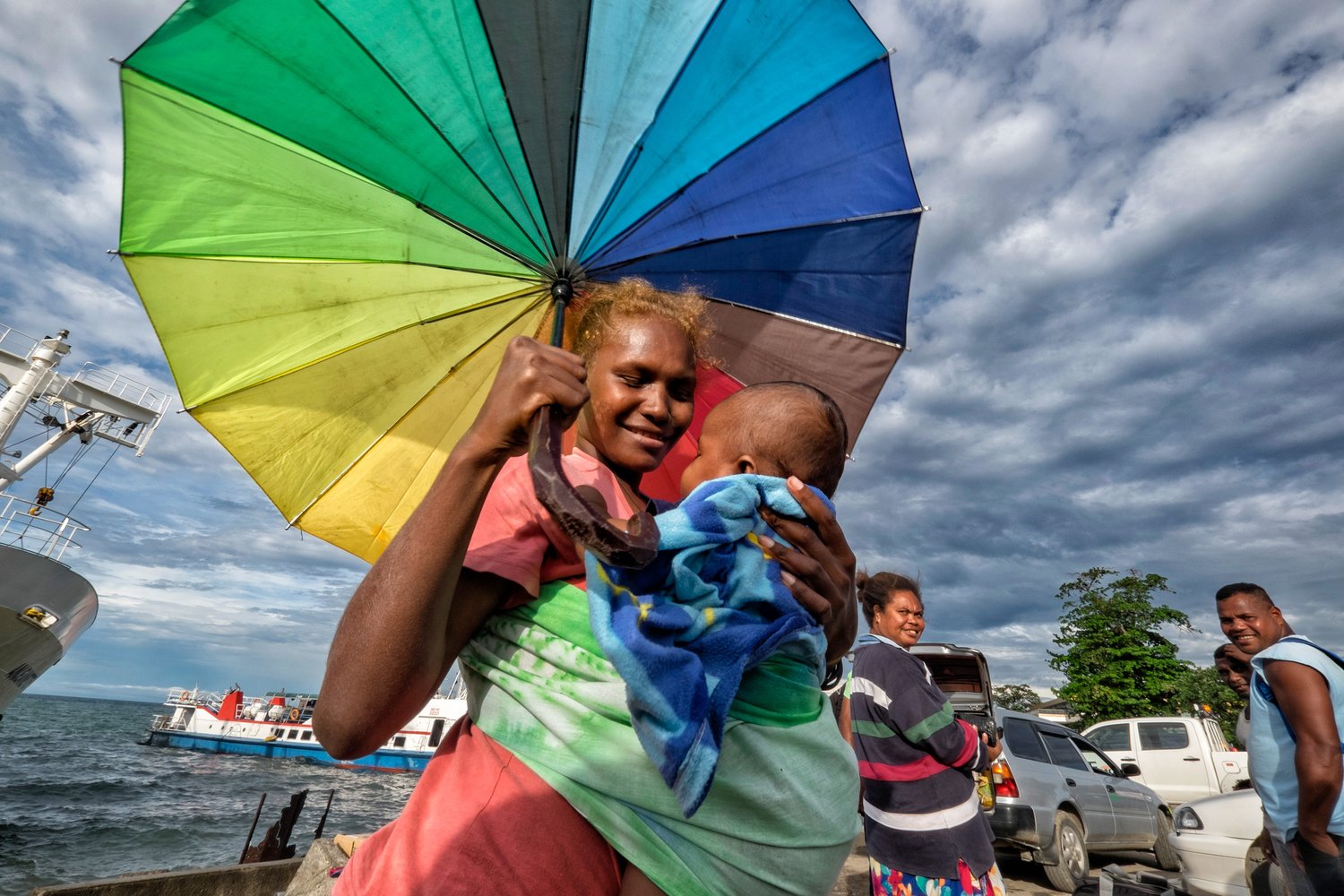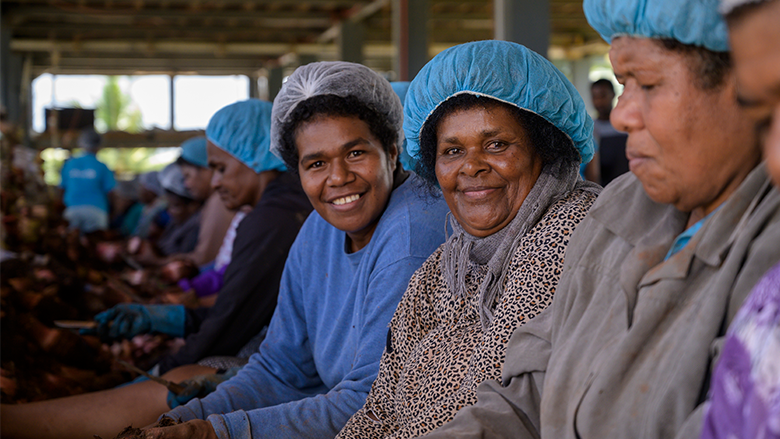 Photo: Asian Development Bank
Photo: Asian Development BankResponding to an urgent need in the Pacific Island region
The Pacific Island region grapples with high rates of micronutrient deficiencies, contributing to health issues, especially among children and women. Anemia, vitamin A deficiency, and iodine deficiency are prevalent and can negatively affect maternal and child health. The WHO estimates anemia prevalence at 27–49% among children aged 6–59 months and 26–37% among women aged 15–49 years.
To respond to these needs, FFI created a 2023 proposal to support 21 Pacific Island countries through a market-led, regional approach. The project will offer technical assistance across sectors to ensure access to fortified salt, wheat flour, and rice—potentially preventing over 189,000 anemia cases and 440 birth defects over five years with a $6.8M budget.

The region depends on staple foods imported from a few countries. To make fortification feasible for producers and regulators, FFI proposes harmonized, mandatory standards across countries.
For nations without policies, FFI will conduct supply chain analyses and develop end-to-end plans—from setting standards to monitoring. For countries with existing programs, FFI will support expansions, technical training, compliance, or regulatory improvement.
Adopting fortification aligns with UN Sustainable Development Goals and builds food system resilience. Climate change poses threats to food security and nutrition—fortification offers a sustainable defense.



